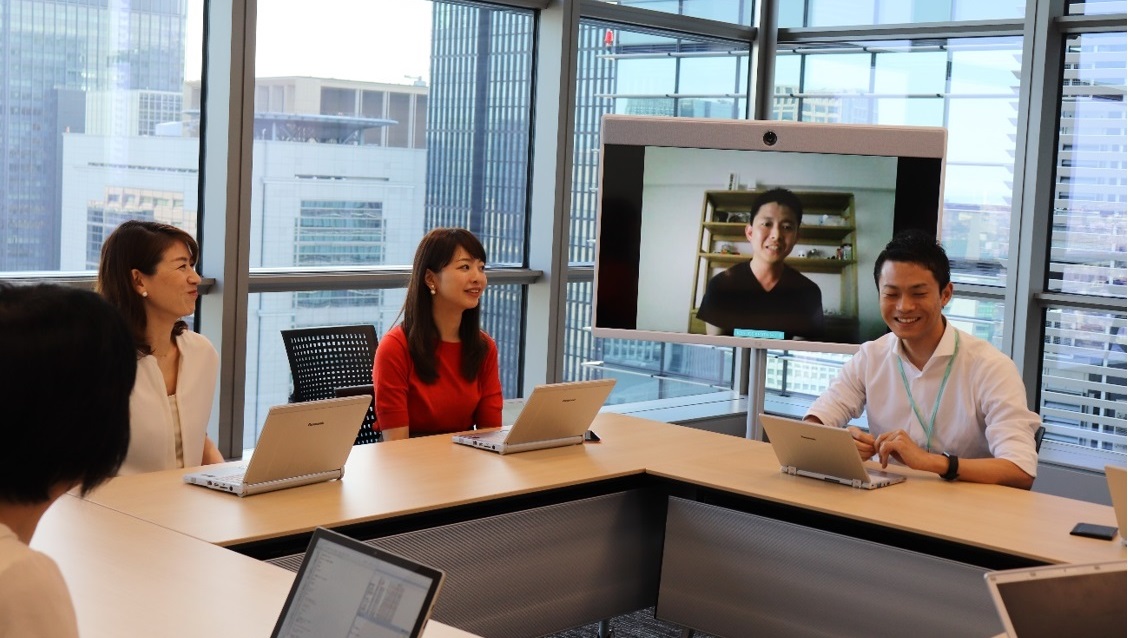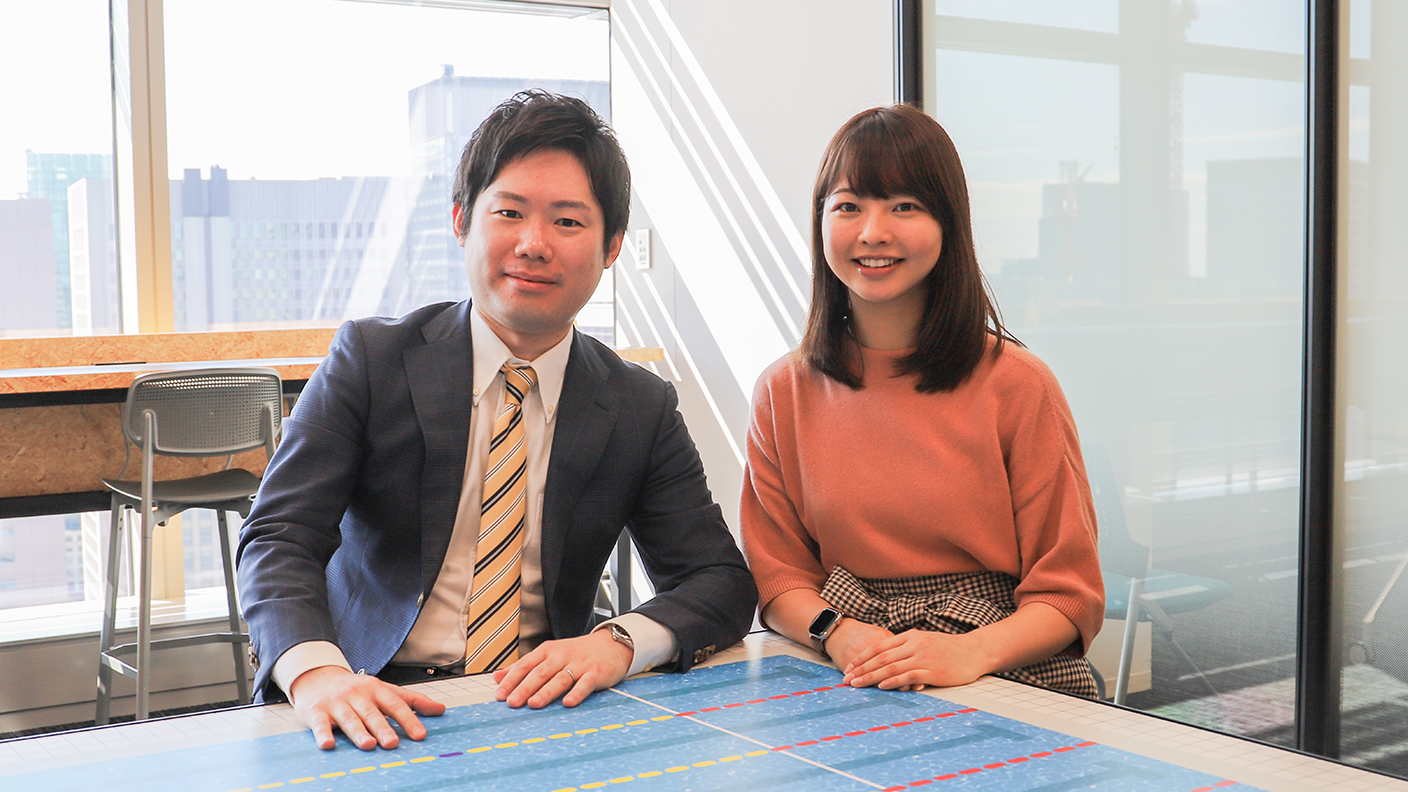Mar. 02, 2020
Sumitomo Corporation has been named in the Ministry of Internal Affairs and Communications (MIC) “Top Hundred Telework Pioneers.”
In November 2018, Sumitomo Corporation introduced a telework system as part of its workstyle reform, and has been focusing on promoting new workstyles. In recognition of these efforts, we were named in the MIC “Top Hundred Telework Pioneers” for 2019. Through the “Top Hundred Telework Pioneers,” MIC recognizes the companies and organizations with sufficient achievements who are advancing the introduction and utilization of telework.
The HR strategy in our medium-term management plan is based on the concept of “Diversity & Inclusion – Making Diverse Strengths a Source of Competitiveness” To fulfill this objective, we introduced a telework system and a super-flex system after the relocation of our head office in the fall of 2018 to create an environment that enables diverse individuals to exert their full potential.
In principle, the telework system allows all employees to work in three different ways: (1) work from home, (2) work at a satellite office, and (3) mobile work. The super-flex system does away with the core times that were previously defined and allows employees to choose their working hours with greater flexibility.

Last year, we implemented an initiative entitled "Workstyle Transformation 2019" with the aim of spreading new workstyles utilizing both systems even further. In the survey conducted after the initiative, with more than 96% of the employees felt the effect of "Improved personal productivity," "Improved health" and "Improved comfortable work environment". Also, new workstyles have led to increased employee engagement with many saying, “The fact that the company accepts free workstyles means that the company trusts me, and this has raised my motivation to respond to it.”
Heading into the Tokyo Olympics and Paralympics this year, we plan to further promote the use of the telework system, and also implement “Jisa (time difference) Biz” (*) based on the super-flex, and encourage employees to take paid leave. In addition, we will promote paperless operations, improve our employees’ IT literacy and our work flows. We see the Tokyo Olympics and Paralympics as an opportunity for further promoting our workstyle reforms.
Can we spread new workstyles and maximize the performance of individuals and organizations?
During the Tokyo Olympics and Paralympics, please keep an eye on the challenges that we will be taking on at Sumitomo Corporation along with the athletes who represent their respective countries.
- Jisa (time difference) Biz:
This is an initiative to shift commuting hours to avoid rush hours. The Tokyo Metropolitan Government is promoting this initiative to alleviate crowding on trains.




